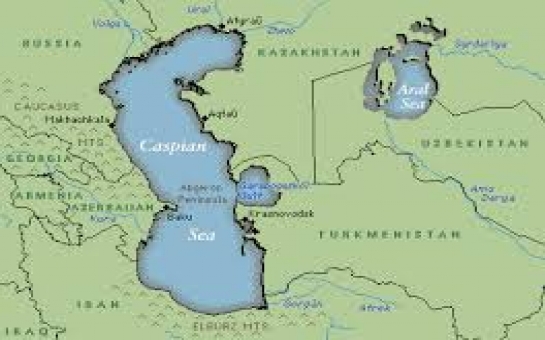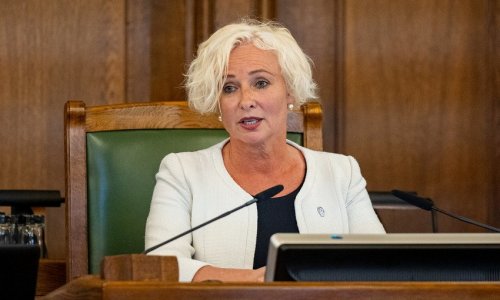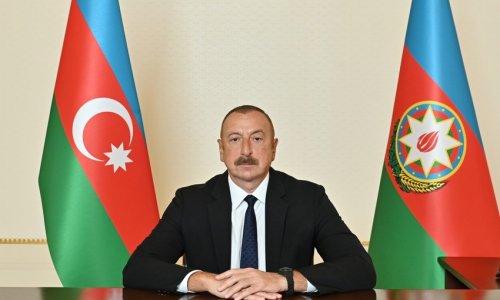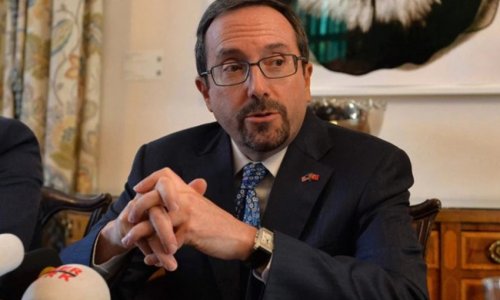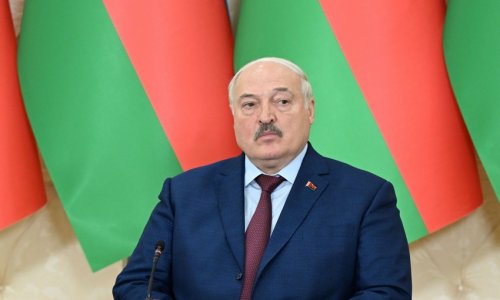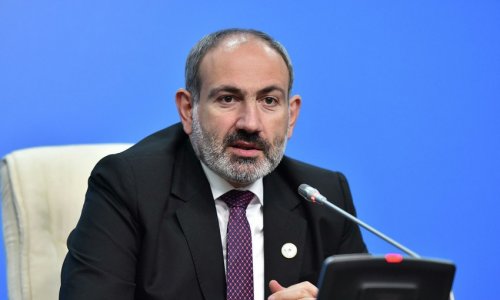Since 2008, the EU has actively targeted Turkmenistan as a potential source of European gas supply, but without much success. New bilateral discussions between Azerbaijan and Turkmenistan about trans-Caspian gas transportation could resuscitate this option.
However, with Russia helping drive a new multilateralization of the discussions on Caspian Sea legal issues, the obstacles to a trans-Caspian gas pipeline remain enormous.
A bilateral deal between Azerbaijan and Turkmenistan on joint development of the disputed Serdar/Kapaz field would be much easier to achieve than a broader pipeline agreement. Meanwhile the new engagement between Azerbaijan and Iran suggests a possibility of unfreezing exploration in the Araz-Alov-Sharq contract area.
The crisis in Ukraine has sparked a new impetus for Azerbaijan and Turkmenistan to improve their overall energy relations with new efforts to go back to the negotiating table. The issues which remain most prominent on the energy agenda of the two countries are offshore boundary disputes that have stalled development of the Serdar/Kapaz field and the long-discussed construction of a trans-Caspian gas pipeline. This new round of dialogue could also help create some positive momentum toward potential joint development of Serdar/Kapaz.
The European Union (EU) continues to press for a trans-Caspian link, the interest in which appears to have revived due to the EU’s continuing focus on gas diversification. Azerbaijan is also reaching out to Iran. Preparations have begun with an April 22 Moscow meeting of the region’s foreign ministers to hold a summit of the Caspian littoral states in Astrakhan (Russia) in September 2014.
President Aliyev Looks for a Solution for Caspian Demarcation
Azerbaijan has several strategic goals it wants to accomplish with neighbors in the southern Caspian region. For one, there is the need to rebuild ties with Iran, which have been badly fractured in recent years. Given ongoing negotiations by the P5+1 with Iran over its nuclear program, President Aliyev is beginning to establish a more constructive relationship with his southern neighbor. This would be even more important were international sanctions on Iran to be lifted.
Iran’s support is critical for the southern Caspian Sea’s legal demarcation. Russia is already engaged in cross-border developments in the northern Caspian where it has agreed to divide shared oilfields with Kazakhstan. Azerbaijan, Iran, and Turkmenistan could try to find a similar arrangement in the southern Caspian. After all, Iran is already cooperating with Azerbaijan through its ownership stake in the Shah Deniz project. At the same time, companies in Azerbaijan have been unable to proceed with exploration at the offshore Araz-Alov-Sharg contract area because of Iranian objections, claiming that it extends into its waters. Azerbaijan signed a PSA for this area in 1998.
Azerbaijan now sees an opening with Iran on issues related to Caspian demarcation given that the government of President Hassan Rohani seems to be more conciliatory in his overall regional approach. Baku is hoping that it can move Tehran away from its long-standing position of dividing the sea into equal shares among the littoral states to a division based on a modified median line approach. Azerbaijan may also want better relations with Iran in order to improve the chances of a trans-Caspian pipeline for gas, something which so far has been strongly opposed by Iran. Ashgabat may also be eager to engage with Tehran on issues related to a trans-Caspian link given that Turkmenistan already exports considerable volumes of gas directly to Iran.
Russia Asserts Itself in the Caspian Sea
Russia reportedly launched week-long snap military exercises in the Caspian Sea on 23 April 2014. This followed a 22 April 2014 Moscow meeting with the foreign ministers of the five Caspian littoral countries that was hosted by Russian foreign minister Sergey Lavrov. Russia is making it clear that its interests will have to be taken into account. The Moscow meeting covered a discussion of a multilateral solution to Caspian demarcation.
The construction of a trans-Caspian link, therefore, is likely to require Russian consent in the current context, which will be difficult to obtain. Turkmenistan may be considering a limited tie into existing infrastructure in Azerbaijan to carry a small volume of its offshore gas production. The two countries may believe a small-scale project of this sort could be made acceptable to Russia (as well as Iran). At the same time, discussions between Azerbaijan and Turkmenistan and between Azerbaijan and Iran could help resolve their long-standing disagreements over developing their contested offshore fields.
Bakudaily.az

